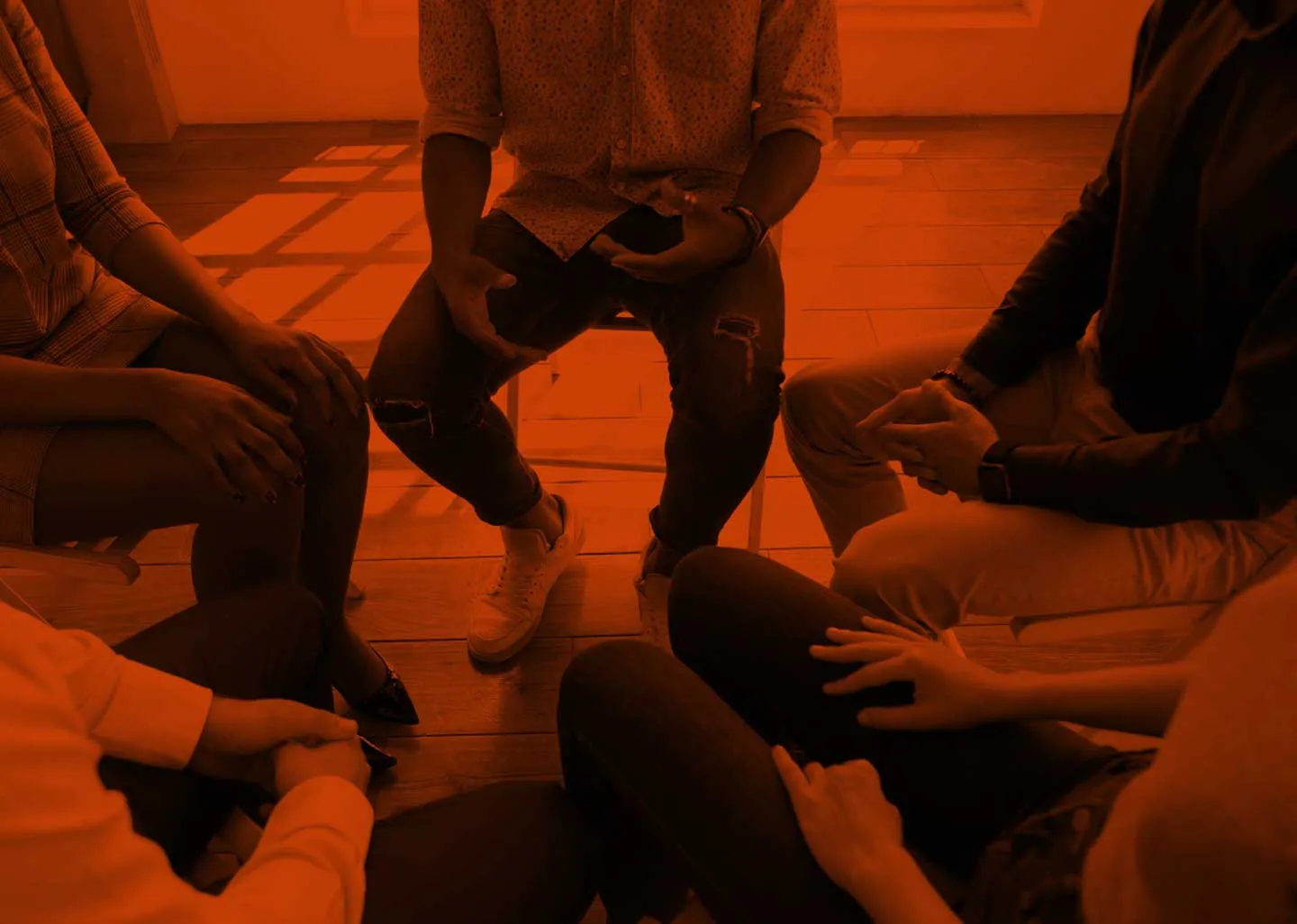Empowering Professionals for Effective Group Work
The Association for Specialists in Group Work (ASGW), a division of the American Counseling Association, equips helping professionals with essential knowledge and skills to foster ethical and socially just group work practices. Join us in promoting mental health and wellness in diverse communities.













What's New
Latest News and Events
Stay informed about ASGW's latest happenings and initiatives.

Events
2026 ASGW Conference
New Frontiers in Group Work Practice and Research
Feb 5
-
7
2026
Hyatt Centric Chicago Magnificent Mile, Chicago IL

Announcements & Updates
Get Involved with ASGW
Want to contribute your skills, ideas, and positive vibes to projects that matter?



